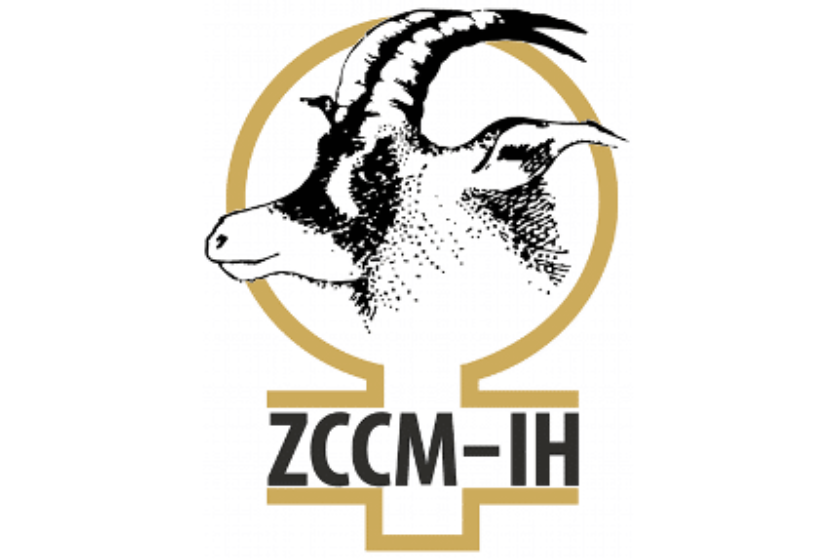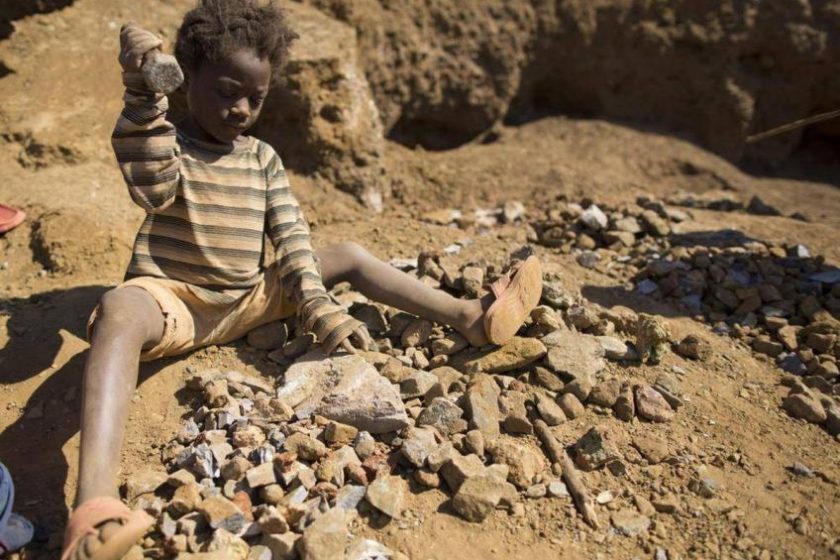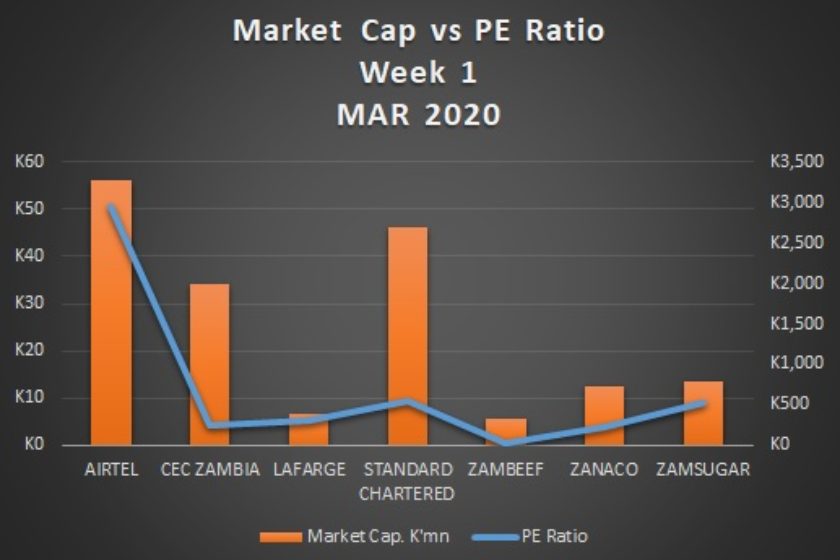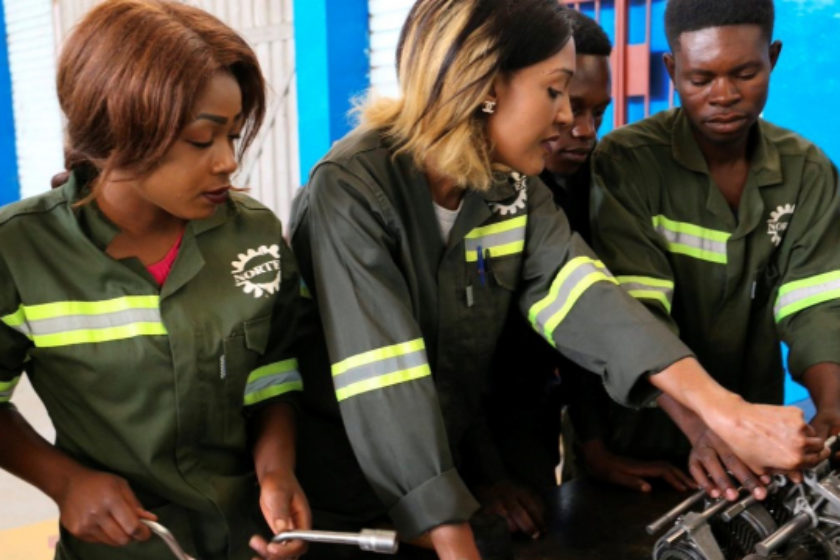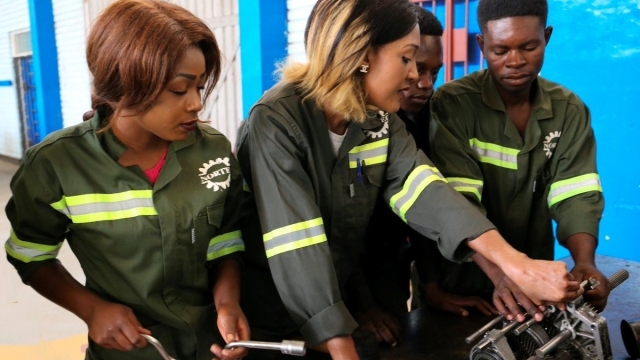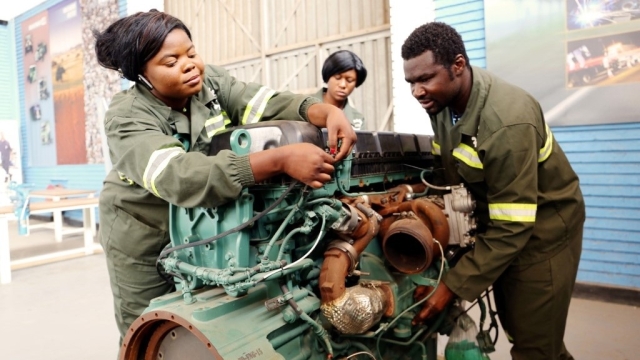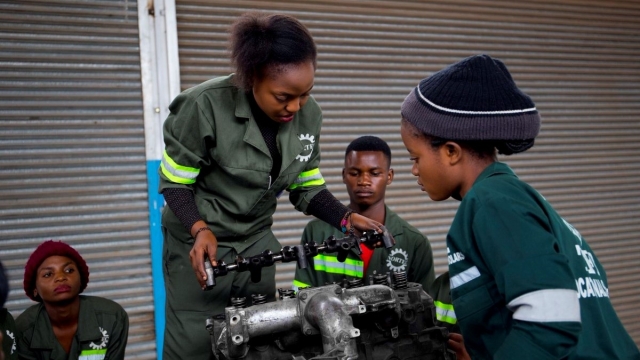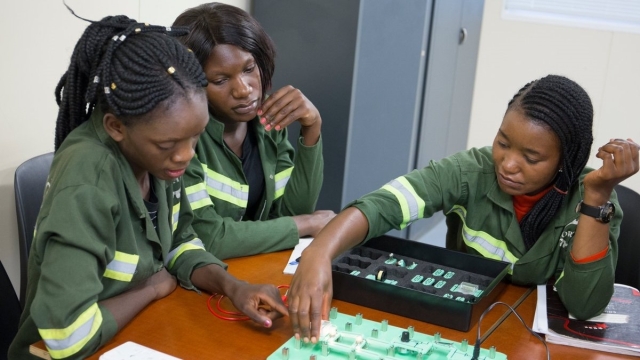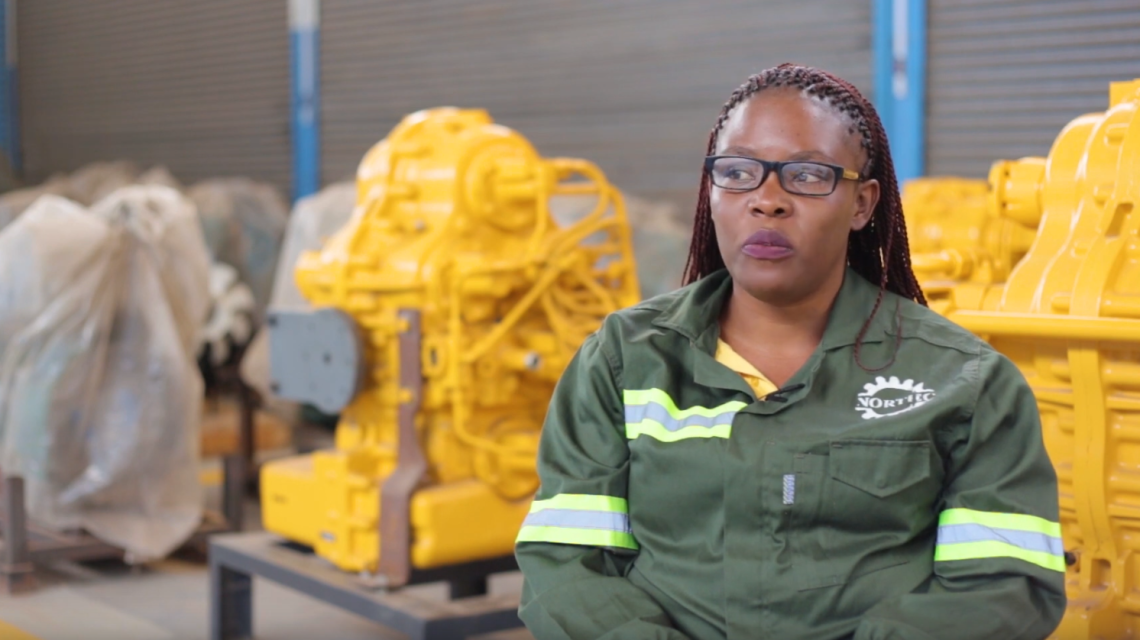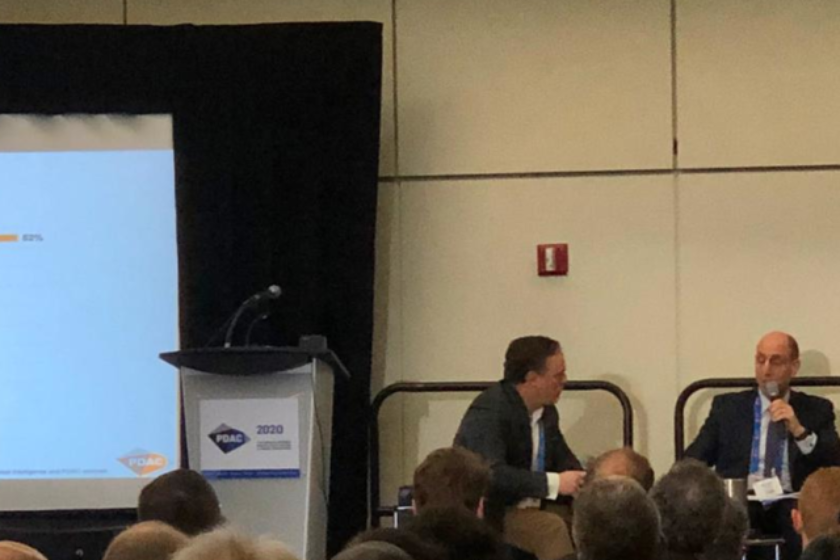By Sharon Kunda
ZCCM Investment Holdings PLC says positive results have been obtained from preliminary mineral exploration activities in the Kasenseli area in Mwinilunga District.
ZCCM-IH Chief Executive Officer, Mabvuto Chipata says the Company is in the process of obtaining necessary Statutory approvals before it proceeds to detailed exploration to delineate the resource and subsequently mine development.
Mr. Chipata says the processes are expected to be finalised in the next two months and that mine development will start thereafter.
He has explained that ZCCM-IH is considering rolling out exploration in targeted areas across the country where gold occurrence has been recorded.
And Mr. Chipata says ZCCM-IH has started buying gold from artisanal and small-scale gold miners as one of the steps towards the formalisation of gold mining and trading activities.
He says the company has started purchasing gold in Rufunsa but that efforts were temporarily halted due to the fragile security situation the past few weeks.
Mr. Chipata said this during a laboratory media tour in Lusaka today and press briefing on the gold project in Rufunsa.
The tour was meant to showcase progress made on the Rufunsa project where ZCCM-IH had partnered with KARMA Mining Services and Rural Development.
Mr. Chipata said ZCCM-IH and Karma Mining services and rural development have entered a joint venture through the incorporation of consolidated Gold Company of Zambia Limited.
And Consolidated Gold Company Limited Chief Executive Officer, FAISAL KEER said the company has so far invested about 2 hundred and 50 thousand United States dollars in setting up the laboratory that will be able to process about 30 samples per day.
Source: ZNBC

